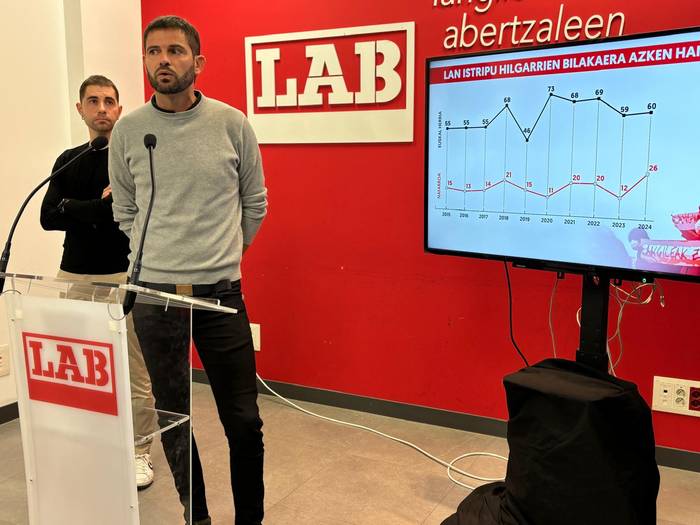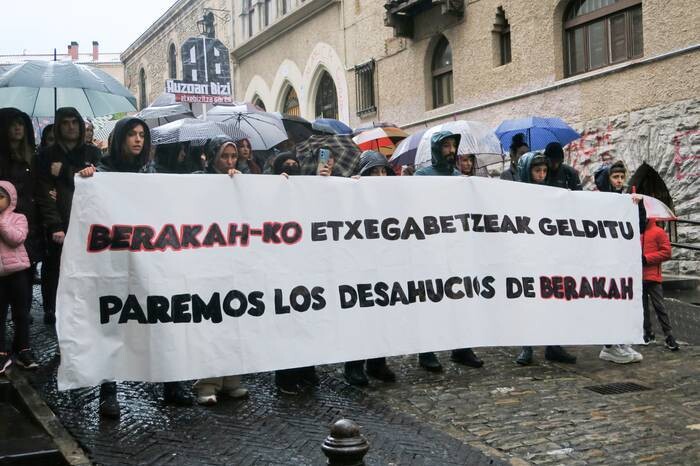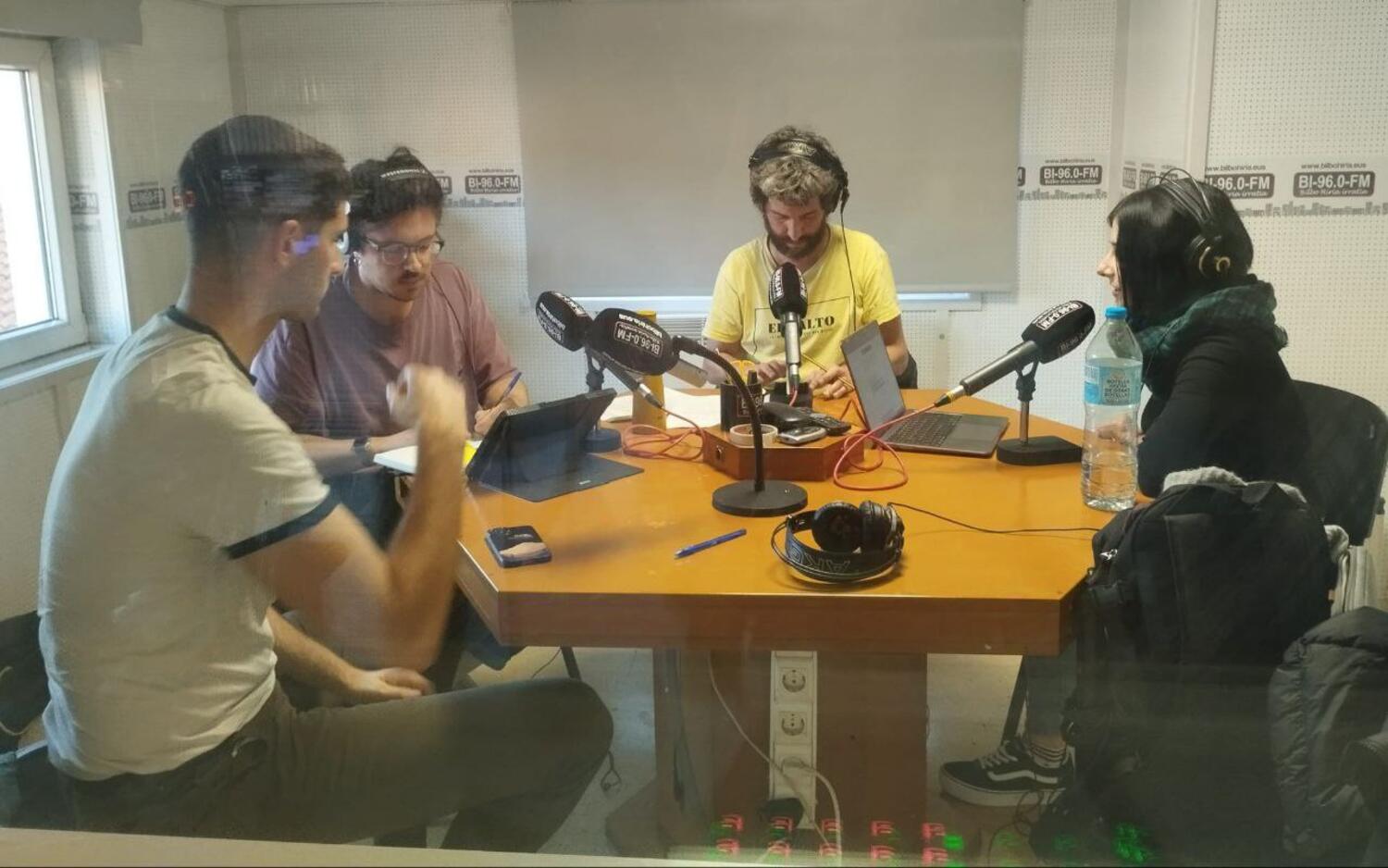Social economy can make public services closer
- Enekoitz Etxezarreta Etxarri (Donostia-San Sebastián, 1981) holds a degree in Economics and Social Anthropology and Cultural.Imparte teaching at the University School of Business Studies at the UPV/EHU of Vitoria-Gasteiz. He is a researcher at the Gezki Institute and a member of the UEU Department of Economics.

The social economy is a concept that has been expanding. What trajectory has it gone through?
In addition to cooperatives, associations and mutual societies, other companies have been incorporated in recent years. These companies have similarities in their way of operating with the social economy, but there are also significant nuances. Although many of these new organisations play an unquestionable social role, they would not serve, for example, to meet the premise of democratic management.
Therefore, in the social economy, not everyone fulfils the characteristics of this area.
A great deal of effort has been made in recent years in defining the social economy, both at academic and legislative levels. But it is undeniable that it includes institutions of different logic. This has to do with how to understand the so-called “third sector”. In other words, besides the public and capitalist economy, there is a third area: reciprocity. The Anglo-Saxon school equips the third sector and French-speaking schools with democratic management to non-profit organisations.
Why do all the flows of the social economy not look there?
This problem of self-identification is mainly found in organizations outside the market, which have been defined as non-profit associations. The theme of the Anglo-Saxon/Francophone approach is reproduced here. Time will tell which of the two notions is going to succeed, but I think the clash behind it is a problem of legitimacy.
In the Spanish state, the Social Economy Act was approved in 2011. What news does it bring?
It has been a clear precedent at European level. It is a pioneer in the definition and regulation of the social economy, but well, recently Canada has also recognised its own and the processing in Portugal and France is also very advanced. In the case of Spanish, it gathers the main ideas treated at the academic level. It is committed to an open sense, which not only incorporates new companies and realities, including foundations, but leaves the door open to other entities.
Is it not going to blur the idea we have of the social economy with the field so widespread?
The main risk would be to fall into denaturalization, in the recognition of any company for a social purpose, which would blur the essential features (democracy, self-management, solidarity…). But it's also an opportunity, you can create alliances that haven't worked too hard so far.
How has the decline of the public sector in recent years influenced the social economy?
This question was the main hypothesis I made in my doctoral dissertation. Does the Welfare State crisis have to do with the expansion of the concept of social economy? But this relationship is not new. One of the hallmarks of the social economy has been to respond to the needs not met by the market and the states. For example, in the 1980s, labor associations were used as structures to refloat capitalist companies. Insertion companies and special employment centres in recent years are a result of the inability of public policies to integrate groups excluded by the market. It is true that there have also been other processes; the extension of Public Social Security meant the disappearance of many mutual societies.
In any case, it is one thing to analyse what role the social economy plays in the regression of the welfare state and another to assess what role it should play. The latter has given rise to many controversies.
And what role should it play?
I believe that the social economy can bring many advantages, because public services would make them more participatory, close and democratic. However, this discourse has been used not to improve public services, but to liberate them from public responsibility. These processes have been known as social privatizations. In England they are very visible, it is there because it is the “third way” proposed by laboralism. This is a debate that needs to be approached with caution, because bringing public services closer to citizens does not mean that they are left to public institutions and private companies.
The solidarity economy is often presented to us together with the social economy. What's the difference between the two?
It is an economy of solidarity, new, juicy and very much to bear in mind. In France, for example, the two meanings, solidarity and social, are in continuous dialogue and have made efforts to unite. I will summarise it very briefly: the solidarity economy has put on the table some contradictions of the social economy. It says that the traditional agents of the social economy have become subjects of the hegemonic logic of their scope: cooperatives under the logic of the market and mutual societies and labor societies under the logic of the state. This is due to the lack of critical reflection on behalf of the actors of the solidarity economy. To cope with this isomorphism an ideological rearmament is essential. They have proposed the basis for a renewed economic alternative and have committed themselves in the political work in favour of it.
How have the ideologies of popular movements (ecologism, feminism…) been integrated into the social economy?
This is one of the weak points that the solidarity economy accuses the social economy, the distancing from the base of society, as a result of activity in the global market. If we believe in the characteristics of the social economy as an alternative to the system, that alternative should be in relation to the actors who are building it. Among them is the feminist or ecologist movement. In the solidarity economy, these movements are an important source of motivation. That is why I say that the solidarity economy can be a good travelling partner, so that the social economy can return to a commitment to a somewhat forgotten society.
What do you think the social economy will be conceptually directed to? And in reality, what path will you take when the fundamentals of the capitalist model have been called into question?
I think that conceptually it is going to receive pressure from different sides, especially because of the crisis of the capitalist model. The decline of capitalist enterprises can lead to a clash of legitimacy between alternative forms of enterprise. There are many who, in recent times, on the road to sustainability, quality or social responsibility, want to become a more humane company. The name of “social enterprises” is also spreading. I suspect that all this is due to the lack of social legitimacy of companies.
The social economy must deepen its strengths. I would say that it has experience and credibility, despite the fact that the current crisis is quite affected. In the area of Mondragon cooperatives, very interesting sessions are being held to strengthen disputes within the social economy. Self-organization, solidarity, democracy, a bond with the community... Only by that path will it be able to remain credible.
It is not an easy task to define what the new US mandate will bring in the economic sphere. The axis of the new economic strategy will be the peculiar union between liberalism and protectionism for the external sector. Despite what has happened in the United States on a regular... [+]
LANBIDE has launched an anti-fraud campaign in Income Guarantee Income and has created an anonymous whistleblower. Responding to the criticisms received, he said that this mailbox was merely an instrument for ordering complaints and notifications. It does not promote class... [+]
Everyone is accounting for what can happen in Trump 2.0 and what can happen in the world. One of the few forecasts that can be given as a little from the knowledge of the subject's frivolity is that relations with China in the United States, at least economic, will deteriorate... [+]









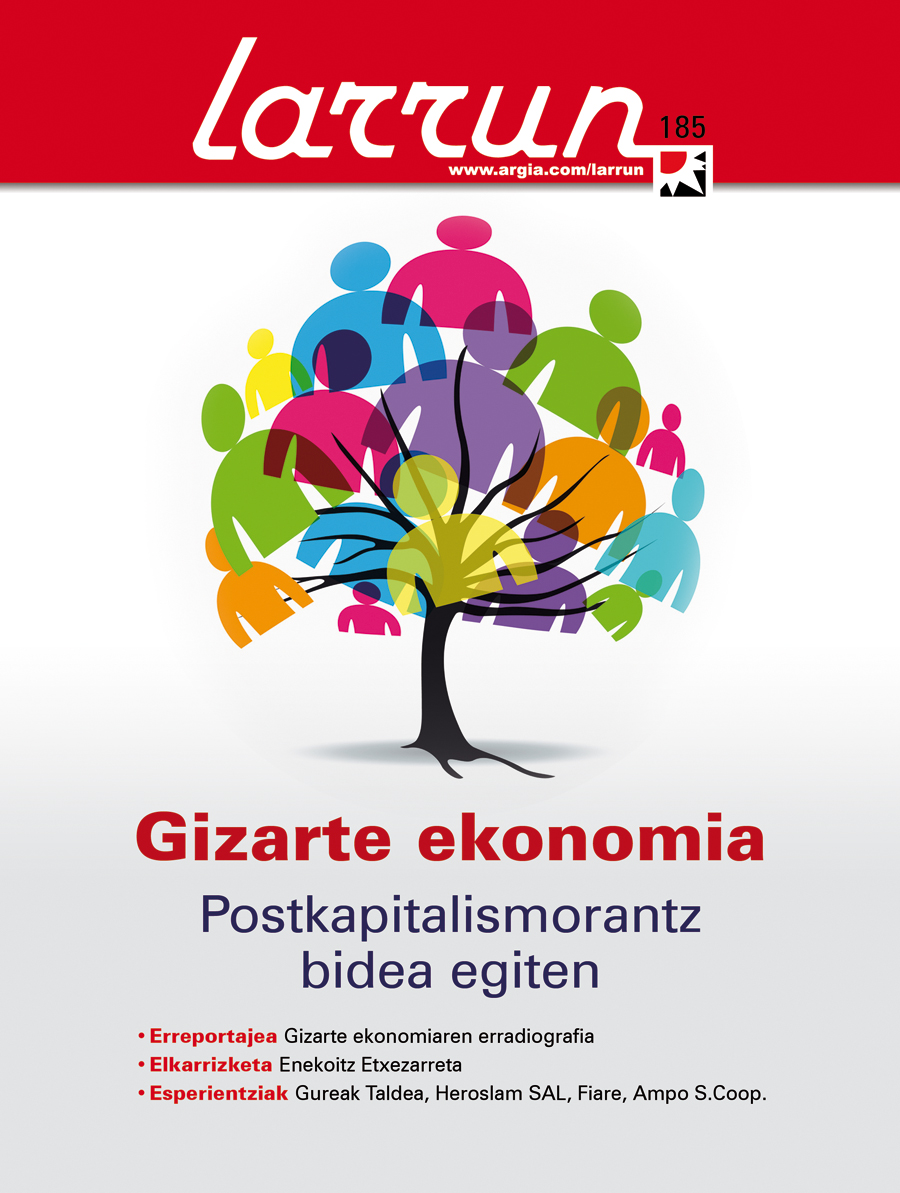




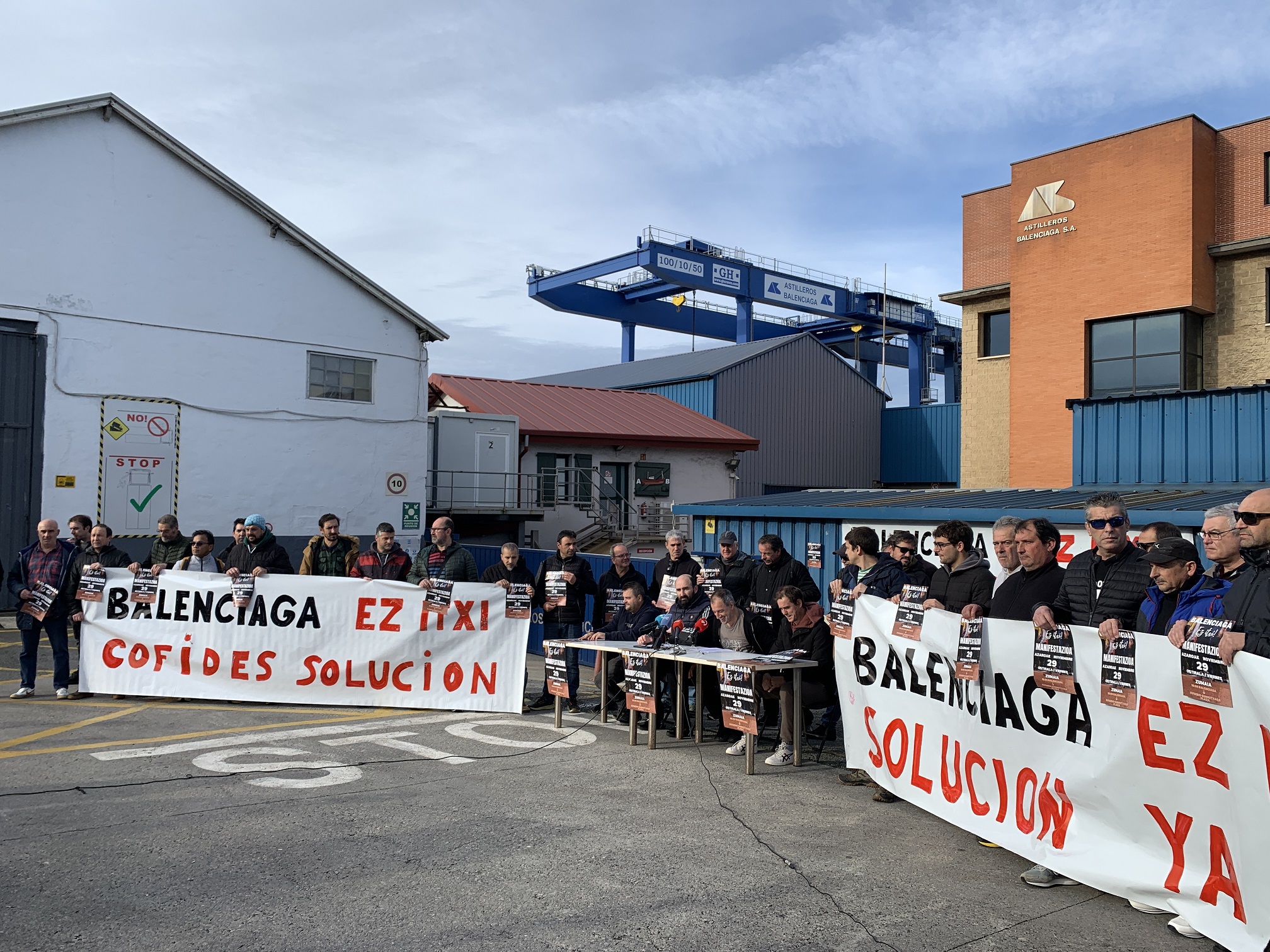





.jpg)
